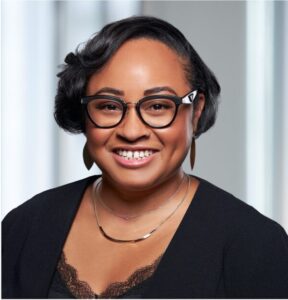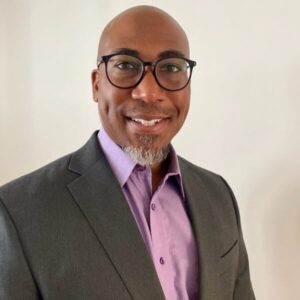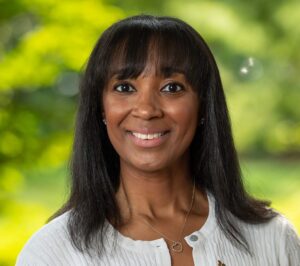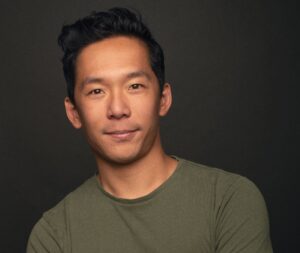Edelman’s Amira Barger on why it’s not best to ‘fake it till you make it’ as a comms pro
Standing on a solid foundation is the best way to feel confident as a communicator.

The “fake it till you make it” strategy — where you pretend to know something until you’ve reached the point where you actually do — doesn’t serve communicators well in the long run. Learning new skills and gaining experience takes time, and if you fake your way through your career, you’re likely to waste a lot of that time.
Whether starting a new career, taking on a different role or doing something you’re not familiar with for the first time, each new experience will take some confidence to perform properly. But it’s also OK to admit you’re not totally sure of yourself and ask for help or more details.
Taking the time to get training or practical experience can help communicators build the foundation needed for success in their careers. Standing on a solid foundation will help you feel more confident about your abilities.
Ragan caught up with Amira Barger, executive vice president on the global health sector team at Edelman and a senior DE&I counsel to clients, to learn more about her philosophy on not faking it till you make it.
Barger will take the stage at Ragan and PR Daily’s, Strategic Communications Conference being held in person at Microsoft headquarters in Seattle on October 19-20.
[RELATED: Join us Oct. 19-20 at Microsoft HQ in Redmond, WA for our Strategic Communications Conference]
Ragan: What tips can you share with other professionals looking to communicate more effectively?

Amira Barger
Amira Barger: I believe in what I call the iceberg approach. What the client sees is held up by hours and years of preparation, research, and practice. Never walk into a room (or zoom call) without having put the work in first. Or the duck swimming in the lake, if you want another analogy. What we see is the duck calmly gliding across the water, while underneath its little legs are kicking like crazy.
What is the most important thing you’ve learned as a strategic comms pro so far?
People always throw this phrase out, but please don’t “fake it till you make it.” I know that it can be difficult to be vulnerable, we all want to present ourselves as the experts in the room, but there is real power in being able to say that you will have to circle back to something if you find yourself in a spot where you are simply unsure. The cons far outweigh the pros of providing a client with bad information because you were afraid to not know. Ask for a moment to follow up with rigorously researched information.
How does your approach to communication differ from your colleagues in other fields?
By utilizing inquiry as a strategy. I often will use a quick phrase like “say more” to facilitate conversation. Even if I’m fairly certain that I understand what my strategy will be in a given situation, the more detail and information I can extract will help me to best meet the needs of the person sitting across from me. It also may help to move past any canned responses to reveal the root of an issue. Ask more questions than you give answers. The way a person formulates a question tells you a lot about their experience, their wisdom and their ability to be the right partner to you.
How do you stay up to date on the latest in the field? Are there any resources that you find particularly useful?
Collaboration! Building a community of trusted partners is vital, especially in the field of DEI. As far as resources, I am a firm believer in podcasts! They are an easily digestible way to get firsthand knowledge from experts in the field — and usually for free! I religiously listen to Brown Table Talk, DEI After 5, All Things Equitable, Diverseek, and All Voices Reimagining Company Culture. And of course, I read and follow everything on PRDaily.com.
At this year’s Ragan’s Strategic Comms Conference, you’re leading a session discussing how to level up your DEI program. Can you give our readers a preview of what they can expect to hear from you?
A dispersed workforce doesn’t have to be a disconnected workforce. By elevating DEI beyond performative measures, you can empower employees to feel supported, connected and seen. And the Brand Archetype is a tool many marketers and communicators know and understand. The Brand Archetype can be powerfully applied to DEI programs that are anything but performative!
Join Amira and other communications leaders at Ragan’s Strategic Communications Conference, when speakers from GoDaddy, PepsiCo, Microsoft and more will share their ideas and success stories. Register today!
Isis Simpson-Mersha is a conference producer/ reporter for Ragan. Follow her on LinkedIn







